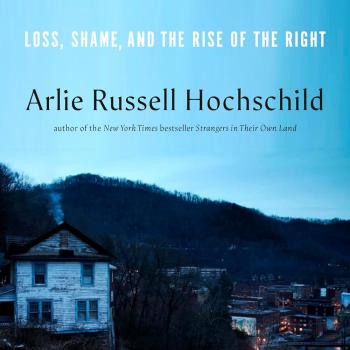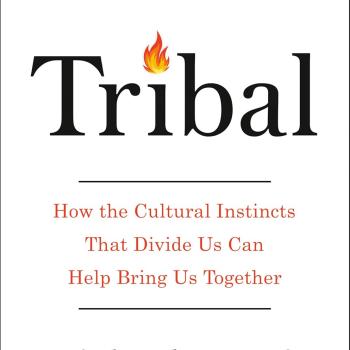Today’s guest post by Werner Mischke is an excerpt from his new book One New Humanity: Glory, Violence, and the Gospel of Peace (WCP, 2025), 206–08. It’s available at MissionBooks.org, Amazon.com, and other major retailers. Check out the book website, which includes short videos for each chapter. Note: In Appendix 1, I contributed an exegetical article, “Reconciling Atonement in Ephesians 2: An exegetical approach.” This 10,000-word theological article examines the often-overlooked text of Ephesians 2:11-22 relative to the doctrine of... Read more

















